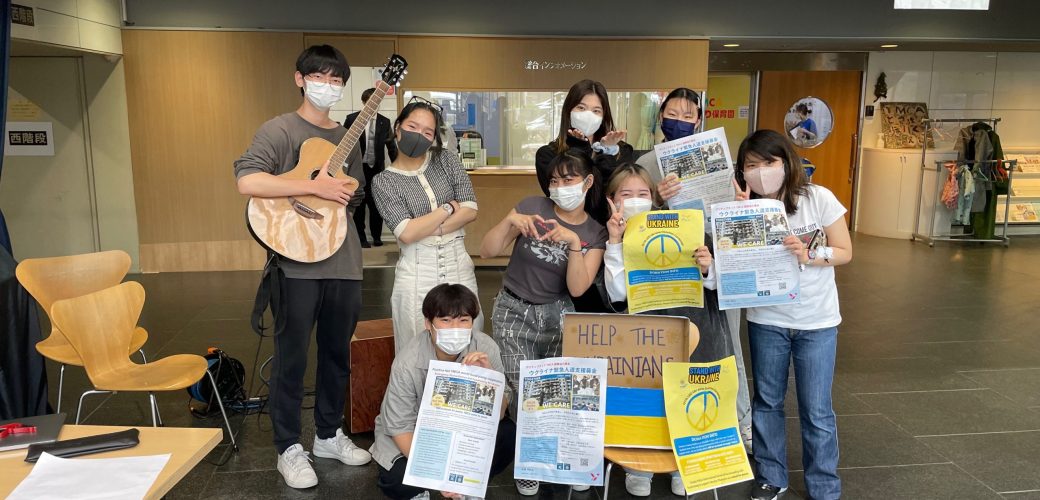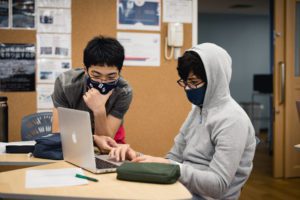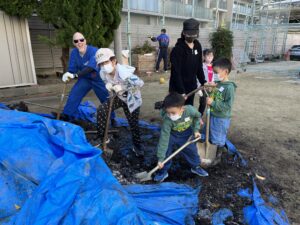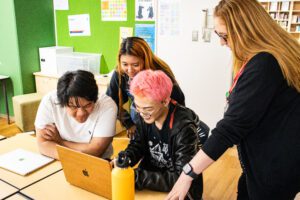
Measurements of Success in Sports & Studies
You may have seen the new Netflix documentary ‘Beckham’, about one of England’s most well-known footballers. Near the start, Beckham

As students choose the focus of their DP studies through selecting six subjects, they might not be able to explore all of their interests or be able to challenge themselves to the level they desire.With its aims and structure, CAS not only provides students with opportunities for accomplishment and enjoyment outside the academic curriculum, but also requires them to explore collaboration, self-determination and initiative.
Through CAS, students take part in a wide range of artistic, sporting, physical and service learning experiences that enrich their school life and help them make connections with the academic curriculum and the community.
CAS consists of three strands:
When undertaking their CAS experiences and projects students focus their aims and goals through targeting CAS Learning Outcomes.
| LO 1 | Identify own strengths and develop areas for growth |
| LO 2 | Demonstrate that challenges have been undertaken, developing new skills in the process |
| LO 3 | Demonstrate how to initiate and plan a CAS experience. |
| LO 4 | Show commitment to and perseverance in CAS experiences. |
| LO 5 | Demonstrate the skills and recognize the benefits of working collaboratively |
| LO 6 | Demonstrate engagement with issues of global significance |
| LO 7 | Recognize and consider the ethics of choices and actions |
Through targeting specific Learning Outcomes students learn how to:
Experiencing and implementing the above can have a positive impact and long lasting effect on students beyond the DP program, as suggested in this IBO blog.
In order to successfully execute their ideas students use the IPARD, a 5-stage scaffolding framework that allows them to systematically and gradually plan and carry out their experiences.
The IPARD enables students to maximes their time management skills and develop realistic timelines. Moreover through its ongoing reflections it allows students to reconsider their approach and perspectives, and adapt and transform them when necessary.
Engagement in CAS can have a profound impact on students’ future as it allows them to learn through action, take risks and try a variety of experiences they have never tried before. In fact, for some students, CAS can be the best and most valued aspect of their DP journey, as suggested in this IBO blog.
Perhaps the most important aspect of CAS is for students to understand they are members of local and global communities with responsibilities towards each other and the environment.

You may have seen the new Netflix documentary ‘Beckham’, about one of England’s most well-known footballers. Near the start, Beckham

Students who are eligible for Grades 10 or 11 in August 2023 are invited to take the 2022 Scholarship Exam.

At OYIS, we don’t just teach students about academic subjects. We also want students to understand real-world issues. That’s why

/*! elementor – v3.18.0 – 20-12-2023 */ .elementor-heading-title{padding:0;margin:0;line-height:1}.elementor-widget-heading .elementor-heading-title[class*=elementor-size-]>a{color:inherit;font-size:inherit;line-height:inherit}.elementor-widget-heading .elementor-heading-title.elementor-size-small{font-size:15px}.elementor-widget-heading .elementor-heading-title.elementor-size-medium{font-size:19px}.elementor-widget-heading .elementor-heading-title.elementor-size-large{font-size:29px}.elementor-widget-heading .elementor-heading-title.elementor-size-xl{font-size:39px}.elementor-widget-heading .elementor-heading-title.elementor-size-xxl{font-size:59px} Exploring the Intersection of Nudge Theory,

INTERNAL motivation is a drive that comes from within you. Just like athletes experience pleasure as they develop competency and

OYIS is pleased to announce this year’s Academic Scholarships will be starting soon.These are a great opportunity for students –
Click here to start your application
Sign in Here
Osaka YMCA International School – Copyright 2024